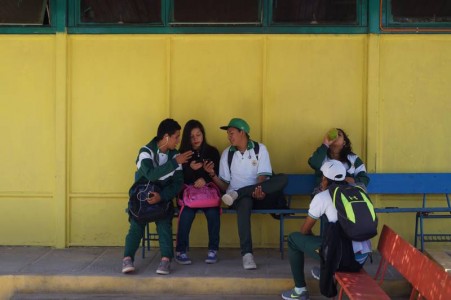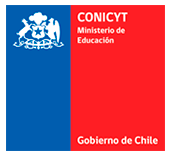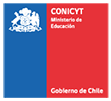News
Fondecyt funded research school of communication between Chilean and foreign
Published 18-04-2013
 The predominance of positive emotional responses compared to intercultural communication in schools of Basic Education and Secondary Education, gave the results of the investigation “Assessing the intercultural sensitivity in students (as) Basic and Secondary Education of culturally diverse classrooms: Diagnosis and challenges for the education system in Chile” developed by the Catholic University of Maule in the cities of Arica and Santiago Fondecyt funded.
The predominance of positive emotional responses compared to intercultural communication in schools of Basic Education and Secondary Education, gave the results of the investigation “Assessing the intercultural sensitivity in students (as) Basic and Secondary Education of culturally diverse classrooms: Diagnosis and challenges for the education system in Chile” developed by the Catholic University of Maule in the cities of Arica and Santiago Fondecyt funded.
The study, says Dr.. Susan Sanhueza, who led the research team project Research Initiation 11110203, know-how sought relate and live Chilean students with foreigners, through questionnaires and in-depth interviews showed generally empathetic rapport, open and respectful of differences.
“By and large, there is good communication intercultural, Chilean students are welcoming foreign students, but there are some difficulties that literature explains how culture shock. It is very difficult for children and young foreigners assimilate the host culture and this generates anxiety and suspicion which leads them to take away with peers”.
We have come to establish certain patterns that shape the integration of immigrant children and youth in schools and colleges, continues Sanhueza, “in interviews recognize a difficult insertion, which pass through different stages. At first unsung feel generating a rejection by certain aspects of the dominant culture, establish relationships only with people of their own culture”, pointed. To the extent that they overcome this known distance and develop an identity that allows “come and go” from different cultural frameworks, ultimately they acquire the skills necessary to understand the interaction with other culturally different.
Further stresses between the results of the study, that there are differences on the attitude towards cultural differences among students in elementary and secondary education, being much more receptive students basic. “They have a much more positive attitude, differences are part of everyday life and the question of law, therefore, relationships are more stable. In high school, young people are searching for their identity and this hinders intercultural communication issue that is expressed in behaviors marked by the exclusion of certain groups, being particularly strong distance group established with Peru, I have here a necessary aspect of education through programs that promote school life and relationships within schools and colleges”, expressed Sanhueza, who is also director of the new Graduate Vice-Rector for Research and Graduate UCM.
Also, over time are more specific support from teachers, and that foreign students perceive, offering learning opportunities specific to your needs and potentials. Gradually, these children achieve even levels of leadership within establishments.



Leave a Reply